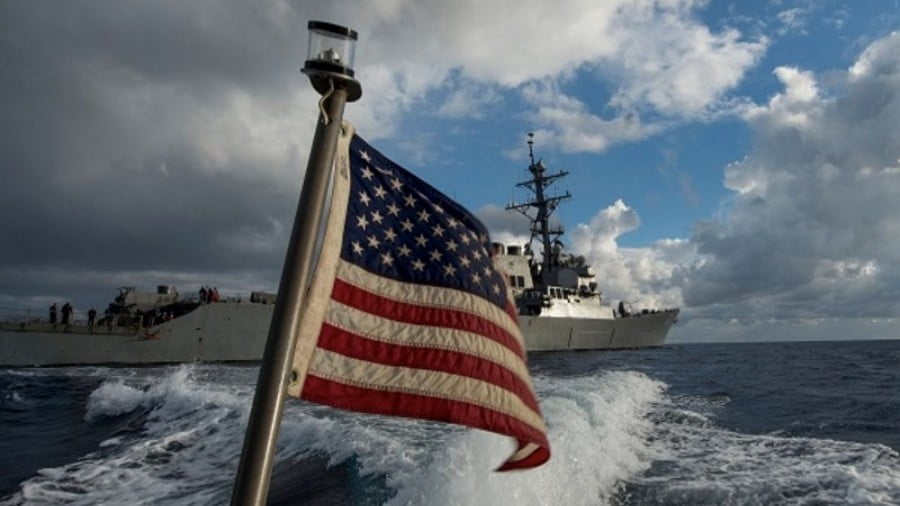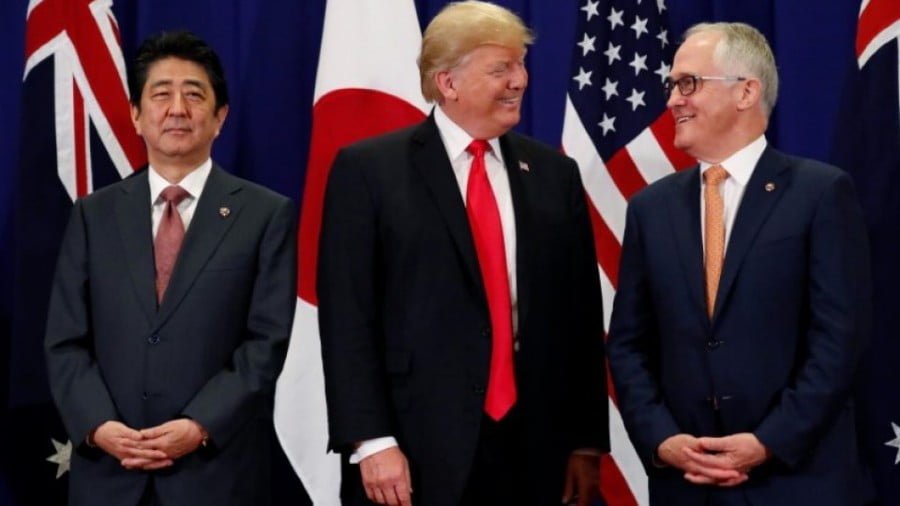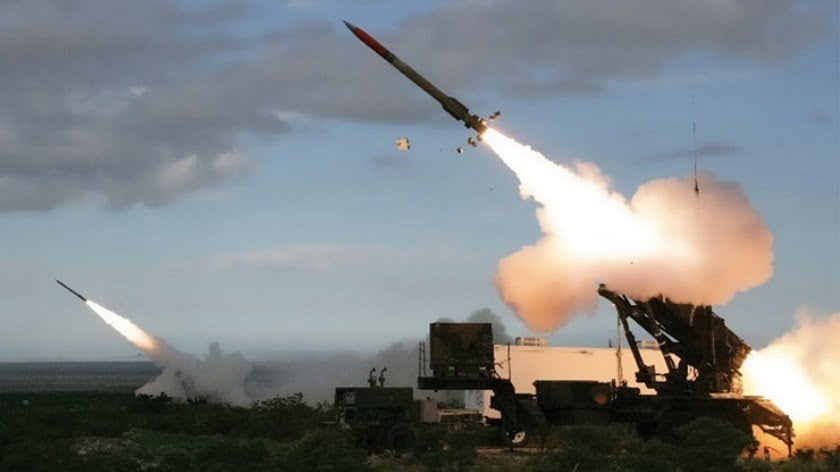Will The US Stir Up More Trouble in the South China Sea This Summer?
Even a pragmatic understanding between the US and Russia to “regulate” their regional competition in Central & Eastern Europe could enable America to focus more closely on “containing” China instead of having to simultaneously balance such efforts between Beijing and Moscow.
American meddling in the South China Sea might get much worse this summer as the US prepares to stir up more trouble there as part of its Hybrid War on China. There are already some worrying developments in the region which indicate that this plot is already in progress, particularly related to the US’ encouragement of unfriendly Malaysian and Philippine statements against China in recent days. It might soon become even worse though in the event that the US reaches a pragmatic understanding with Russia to de-escalate tensions between them following Wednesday Putin-Biden Summit.
To explain, the US certainly seems to be seriously considering a recalibration of its currently hostile approach to Russia ahead of the first face-to-face meeting between their two leaders since US President Biden’s inauguration earlier this year. Examples of this include the US’ de facto acceptance of the Russian-German Nord Stream II gas pipeline’s impending completion that the prior administration did its utmost to stop. All that the US plans to do in response is impose mostly superficial sanctions against certain entities in a move largely regarded by many observers as simply an attempt to “save face” as it retreats from its predecessor’s policy.
Furthermore, the Pentagon Press Secretary said late last month that his country doesn’t regard Russia as an “enemy”, which is yet another change of policy when compared to the administration of former US President Trump. Although American sanctions against Russia remain in place, as do the EU’s own that were arguably imposed under US pressure out of so-called “solidarity” following Crimea’s reunification with Russia in early 2014, there’s reason for cautious optimism that bilateral ties will pragmatically improve in the coming future. This trend stands in sharp contrast to the latest developments in Chinese-American relations.
The Biden Administration surprisingly revived its predecessor’s discredited conspiracy theory alleging that COVID-19 was caused by a Chinese biological laboratory leak despite the latest World Health Organization (WHO) study on this issue considering such a scenario extremely unlikely. The US has also ratcheted up pressure on China by meddling more enthusiastically in its domestic affairs, particularly in the Xinjiang Uyghur Autonomous Region (XUAR). On the regional front, the US supports the Philippines’ unconstructive stance towards a recent dispute in the South China Sea and is spreading fake news about a Chinese base in Cambodia.
The likely improvement of Russian-American relations in parallel with the worsening of Chinese-American ones strongly suggests that the US is seriously considering doubling down on its anti-Chinese policies in the South China Sea. After all, even a pragmatic understanding between the US and Russia to “regulate” their regional competition in Central & Eastern Europe could enable America to focus more closely on “containing” China instead of having to simultaneously balance such efforts between Beijing and Moscow. In that scenario, externally exacerbated tensions in the South China Sea would only worsen.
The revival of former President Trump’s COVID-19 lab leak conspiracy theory and the Biden Administration’s 90-day deadline for his country’s Intelligence Community to reach a more definite conclusion about the virus’ origins means that this artificially manufactured scandal will remain in the global public’s consciousness all summer. The false innuendo that perhaps the People’s Republic is secretly to blame for the pandemic could provide the cover for “justifying” more aggressive American actions in the South China Sea. This could take the form of increasing military support for Taiwan and encouraging the Philippines’ obstinate behavior for instance.
All regional players must realize that they’re being manipulated by the US to serve as pawns in America’s Hybrid War on China. They must therefore engage more in pragmatic, not provocative, policies so as to avoid an American-envisioned divide-and-rule disaster in the South China Sea. It’s here where many can learn from the example set by Vietnam which retains equally excellent relations with China and the US without doing so at either of their expense in spite of its unresolved territorial issues with Beijing. It’s only through constructive engagement, not externally backed confrontational policies, that the South China Sea will remain peaceful.







